Maina wa Njuguna
Henry Ossian Flipper was born a slave on March 21, 1856 in Thomasville, GA. He was the eldest of his five brothers who include Joseph Simeon.
His parents – mother was Isabelle Flipper, and his father, Festus Flipper, who was a shoemaker and carriage trimmer, were owned by Ephraim G. Ponder, a wealthy slave dealer.
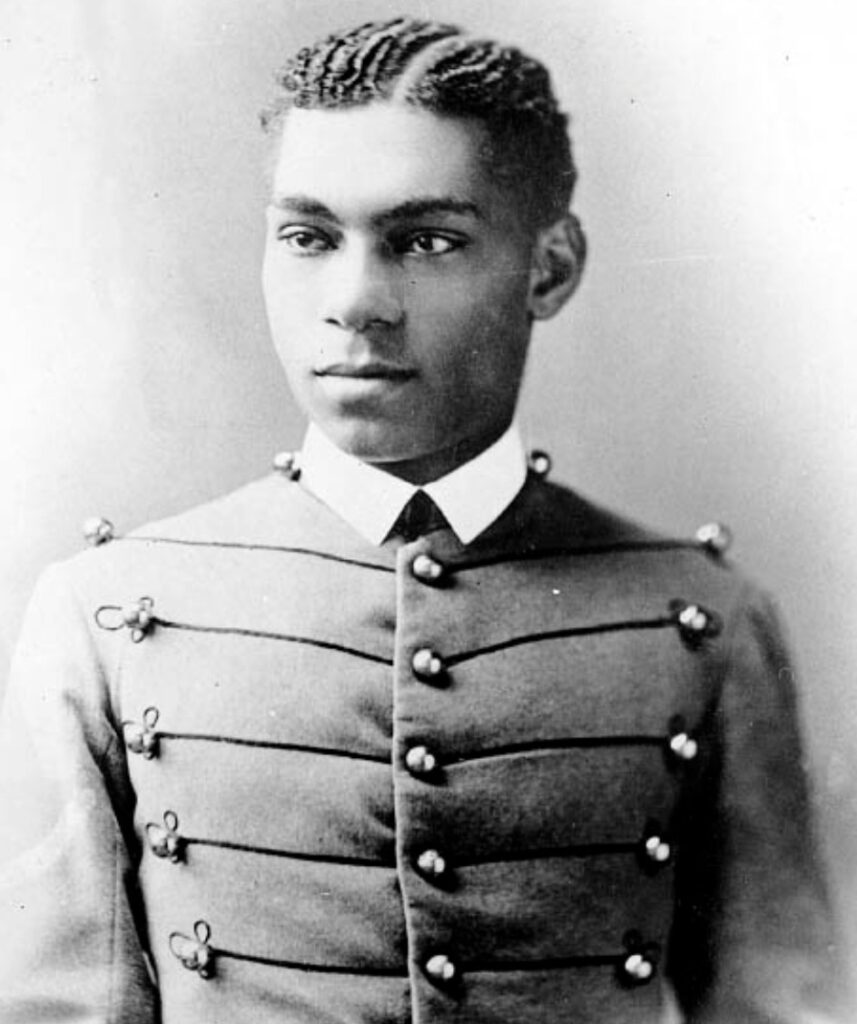
In July 1st 1873, he was admitted at West Point after passing entry exams and nomination from his Republican congressman, James Freeman of Georgia’s 5th district.
He endured hardships, intimidation, racial bias, violence and silence throughout his four years at the school. He excelled in engineering, French, law and Spanish. * Imagine no one spoke to him all the 4 years he attended West Point except in performance of official duties.
What sets this man apart was some of the obstacles and feats he overcame and achieved.
• He as the first African American to graduate from the United States Military Academy in 1877 at West Point, earning a commission as a second lieutenant in the United States Army.
• He was the first African American person to lead the 10th Calvary regiment formed as a segregated African-American unit, one of the original “Buffalo Soldier” regiments in the post–Civil War Regular Army.
• In 1881 in an obvious racial incident, his white commanding officer accused him of embezzling funds. He was acquitted of the charges but dishonorably discharged in 1882.
West Point unveiled a bust to honor the former graduate, the first African American graduate after the dishonorable discharge was dismissed following a pardon by President Bill Clinton.
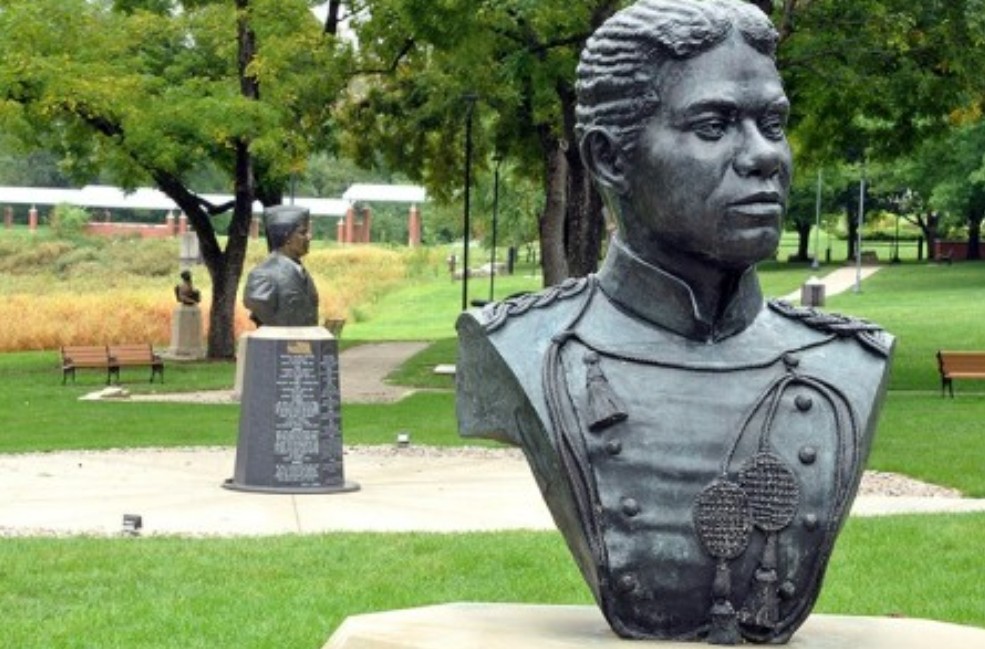
Image: Prudence Siebert/Fort Leavenworth Lamp
END OF MILITARY CAREER
Colonel William Rufus Shafter took over the command at Fort Davis in March 1881.
Officer Shafter tolerated Black Buffalo Soldiers, he but could not stand a black officer. Flipper was dismissed without cause as quartermaster within days after Shafter command of Fort Davis.
Shafter “asked” Flipper to keep the quartermaster’s safe in his quarters. Being “asked” by a superior officer was a de facto order and Flipper complied.
In July 1881, Flipper found a shortage of over $2,000.00. He hid the discrepancy because he knew it was a setup and would be grounds for dismissal from the Army.
The discrepancy became known. In August, of the same year, 1881 – he was arrested by Shafter for embezzling government funds.
Word quickly spread about the missing money. Many felt it was a setup. Soldiers and the community came up with the money to replace what was missing in only four days.
Shafter accepted the money, then convened a court martial on September 17, 1881.
The court-martial found him not guilty of embezzlement but convicted him “of conduct unbecoming an officer and gentleman” and dismissed from the Army.
In two prior situations involving white officers who were found guilty of embezzlement, neither officer was dismissed nor dishonored from service.
Flipper tried unsuccessfully to vindicate himself for many years thereafter.
CAREER AFTER MILITARY SERVICE
After his dishonorable discharge, Flipper fought to clear his name as he pursued a career as a civil engineer and an expert on Spanish and Mexican land law in El Paso, Texas.
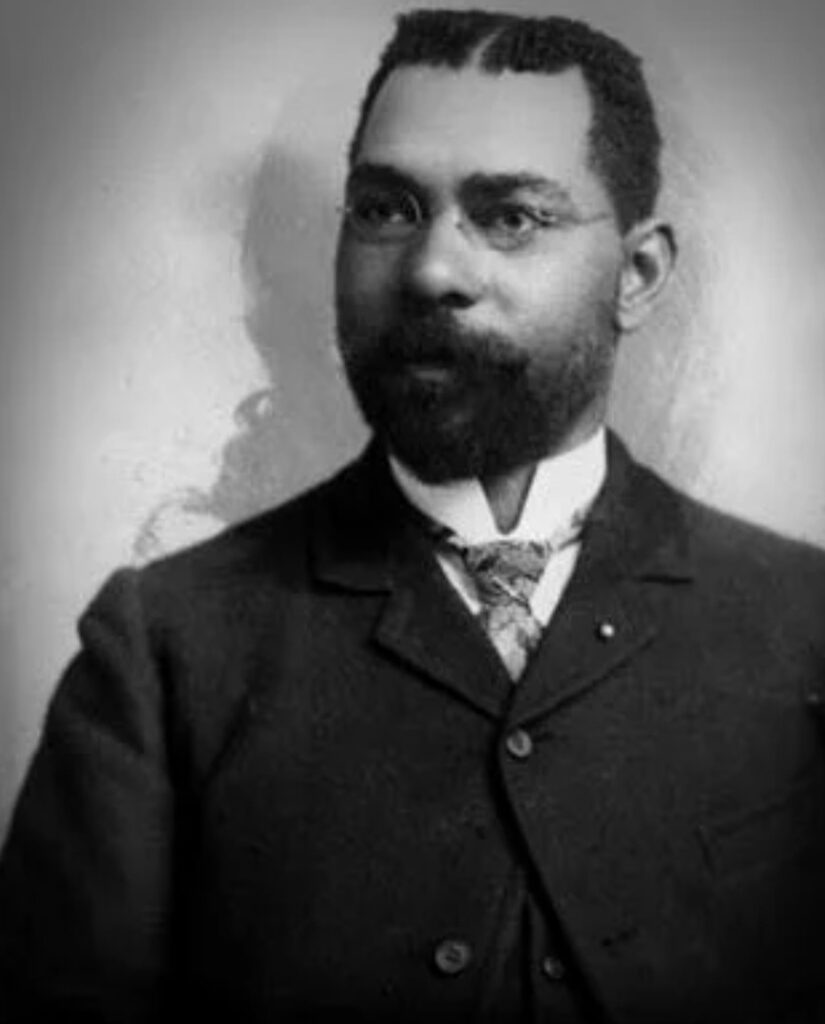
Flipper served as an adviser to Senator Albert Fall on Mexican politics.
Senator Albert Fall became Secretary of the Interior in 1921, he brought Flipper with him to Washington, D.C., to serve as his assistant.
In 1923, Flipper pursued work in Venezuela as an engineer in the petroleum industry.
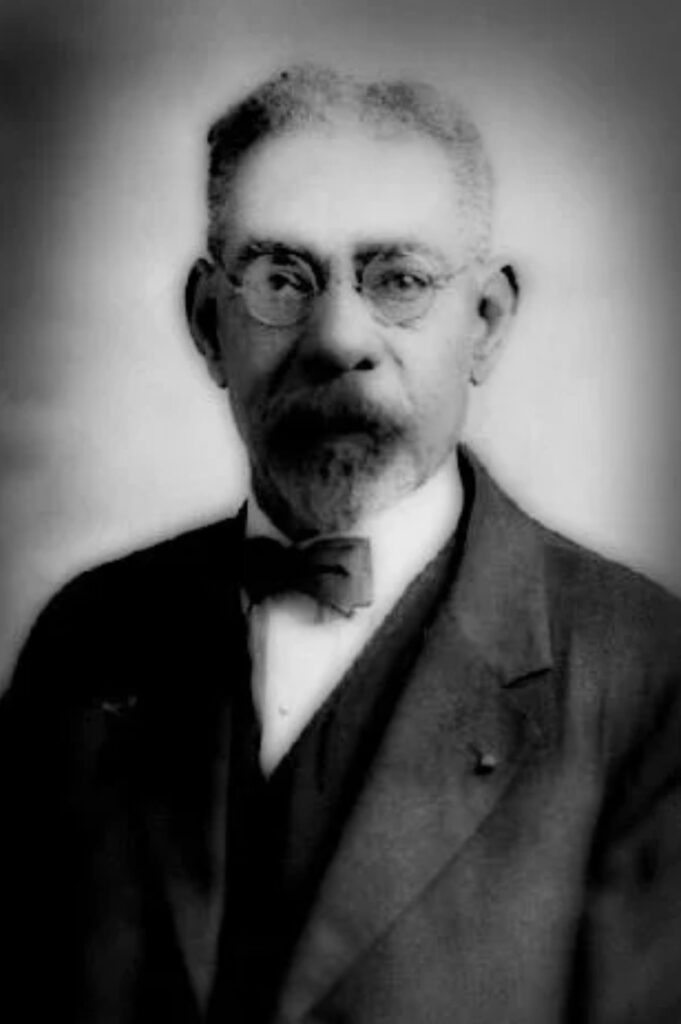
He retired to Atlanta in 1931 and died in April, 26th, 1940.
AFTER DEATH
In 1976, it was revealed that officers with racial motivations had framed him – of the charges that had him dishonorably discharged in 1882.
In 1976, descendants and supporters applied to the Army Board for the Correction of Military Records on behalf of Flipper. The board, after stating it did not have the authority to overturn his court-martial conviction, concluded the conviction and punishment were “unduly harsh and unjust” and recommended that Flipper’s dismissal be changed to a good conduct discharge. The Assistant Secretary of the Army (Manpower and Reserve Affairs) and the Adjutant General approved the board’s findings, conclusions, and recommendations, and directed the Department of the Army to issue Flipper a Certificate of Honorable Discharge, dated June 30, 1882, in lieu of his dismissal on the same date. On October 21, 1997, a private law firm, Arnold & Porter, filed an application of pardon with the Secretary of the Army on Flipper’s behalf. Seven months later, the application was forwarded by the Acting Assistant Secretary of the Army (Manpower and Reserve Affairs) to the Office of the Pardon Attorney at the Department of Justice with a recommendation that the pardon be approved. Many pardon applications had been rejected in the past – as a matter of policy – because the intended recipients were deceased. (WIKIPEDIA)
In 1999, President Bill Clinton posthumously granted Flipper an honorable discharge and on the 100th anniversary of his graduation.
FOOTNOTES
10th Cavalry Regiment – a unit of the United States Army. Formed as a segregated African-American unit, one of the original “Buffalo Soldier” regiments in the post–Civil War Regular Army.
West Point – The United States Military Academy located in West Point, New York.



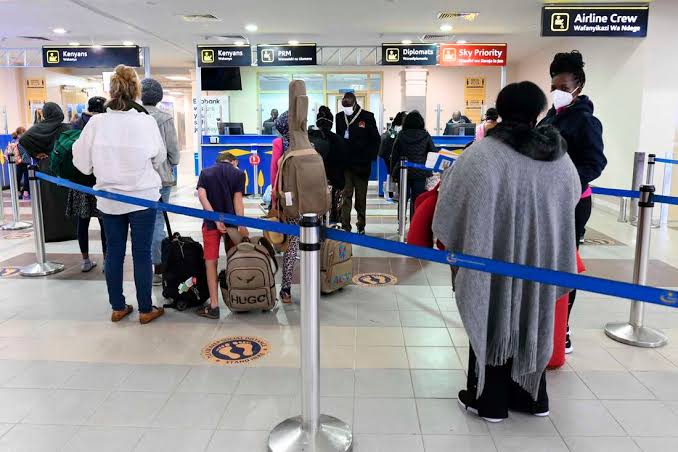

Recent Comments